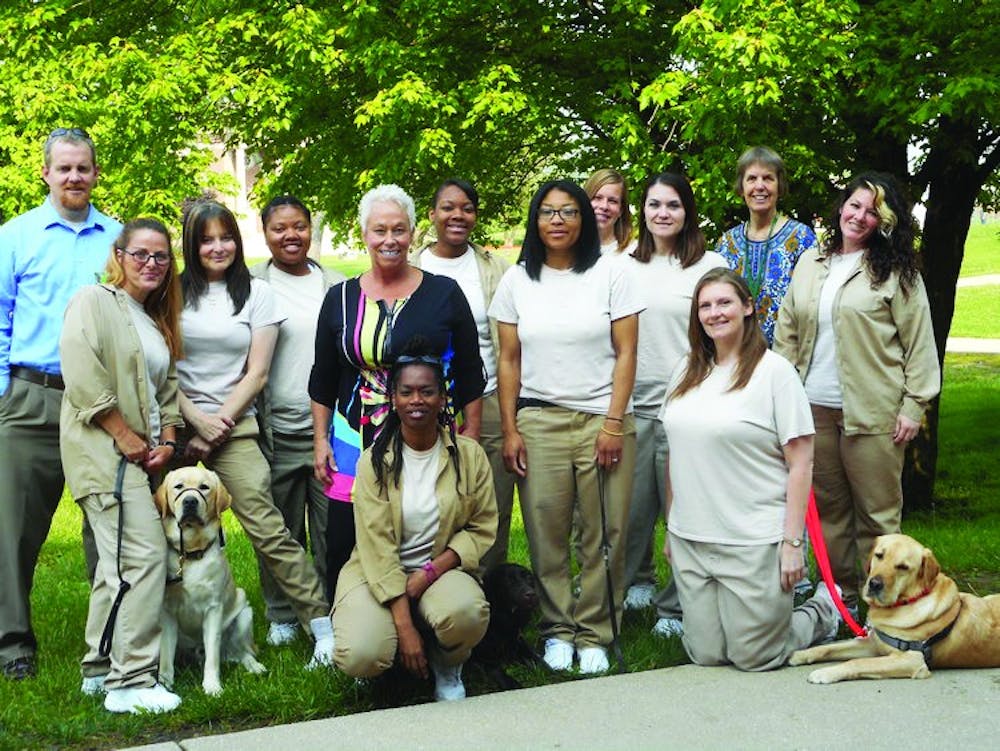By: Andrew Hoff | Echo
The American criminal justice system is highly ineffective.
According to the National Institute of Justice, within three years of release, 67.8 percent of formerly-incarcerated people were rearrested, either breaking their parole or committing new crimes. After five years, the rate increases to 76.6 percent. These statistics are alarming for a number of reasons; they prove that our justice system is failing in at least one of its purposes.

Part of the purpose of any criminal justice system is to achieve retribution, or fair punishment, as well as deterrence, which prison sentences do (or should) accomplish. Equally important, however, are the purposes of rehabilitation and restoration, which are not accomplished if some become stuck in the justice system, always returning to prison for one reason or another.
Politicians and officials are increasingly opening up to new ways to address this issue - for example, through sentencing reform. A more grassroots effort to help people re-integrate is known as re-entry. Re-entry programs give incarcerated people all kinds of resources as they prepare to go back to communities.
Last summer, I interned with Sagamore Institute, a policy think-tank in Indianapolis. All summer, I worked as a grant-writer for a re-entry program called Constructing Our Future (COF), which helps incarcerated women coming out of the Indiana Women's Prison (IWP).
In the course of my many trips to the IWP, I learned that a little pocket cash and a ride into town won't go far when someone is returning after decades in prison. Oftentimes, people have lost nearly all their social connections, and, of course, criminal records affect hiring practices, making it extremely hard to find employment.
Constructing Our Future addresses two major problems: (1) Indianapolis has thousands of vacant homes in disrepair, and (2) people re-entering society need resources.
COF was conceived by a woman incarcerated at the IWP while watching a television special on abandoned homes in Indianapolis. "Why not us?" she thought. COF trains incarcerated women in remodeling, so when they leave the prison, they can work on these homes, eventually earning a home for themselves by their own sweat equity and gaining skills along the way.
You may have seen it: last September, the New York Times ran a story about a woman named Michelle Jones, who was incarcerated 20 years at the IWP. Jones was on the team that designed COF, and I had the privilege of meeting her last summer. When she finished her sentence last August, she caught a direct flight to New York City and began a PhD program at New York University. Jones is one of the most brilliant people I've ever met.
Why tell this story? Jone's story is one with strong biblical themes. Stories of successful re-entry are beautiful reflections of forgiveness and redemption. Re-entry programs believe at the core that people can be transformed and redeemed from their past.
When I asked Executive Director of Constructing Our Future Andrew Falk about these themes, he used David and Paul as examples.
"If you were just to describe the sins that those men committed, to anyone today in the abstract, without giving the background, they'd be like, 'Oh yeah, he's probably serving life in prison,'" Falk said. "And then if you told them, no, that was a man after God's own heart, or, no that's the man who wrote two-thirds of the New Testament, they'd be stunned. But that's the type of redemptive work that God does."
You can follow Constructing Our Future on Facebook to hear more stories of redemption and re-entry nationally and in Indianapolis, just an hour down the road from TU.





